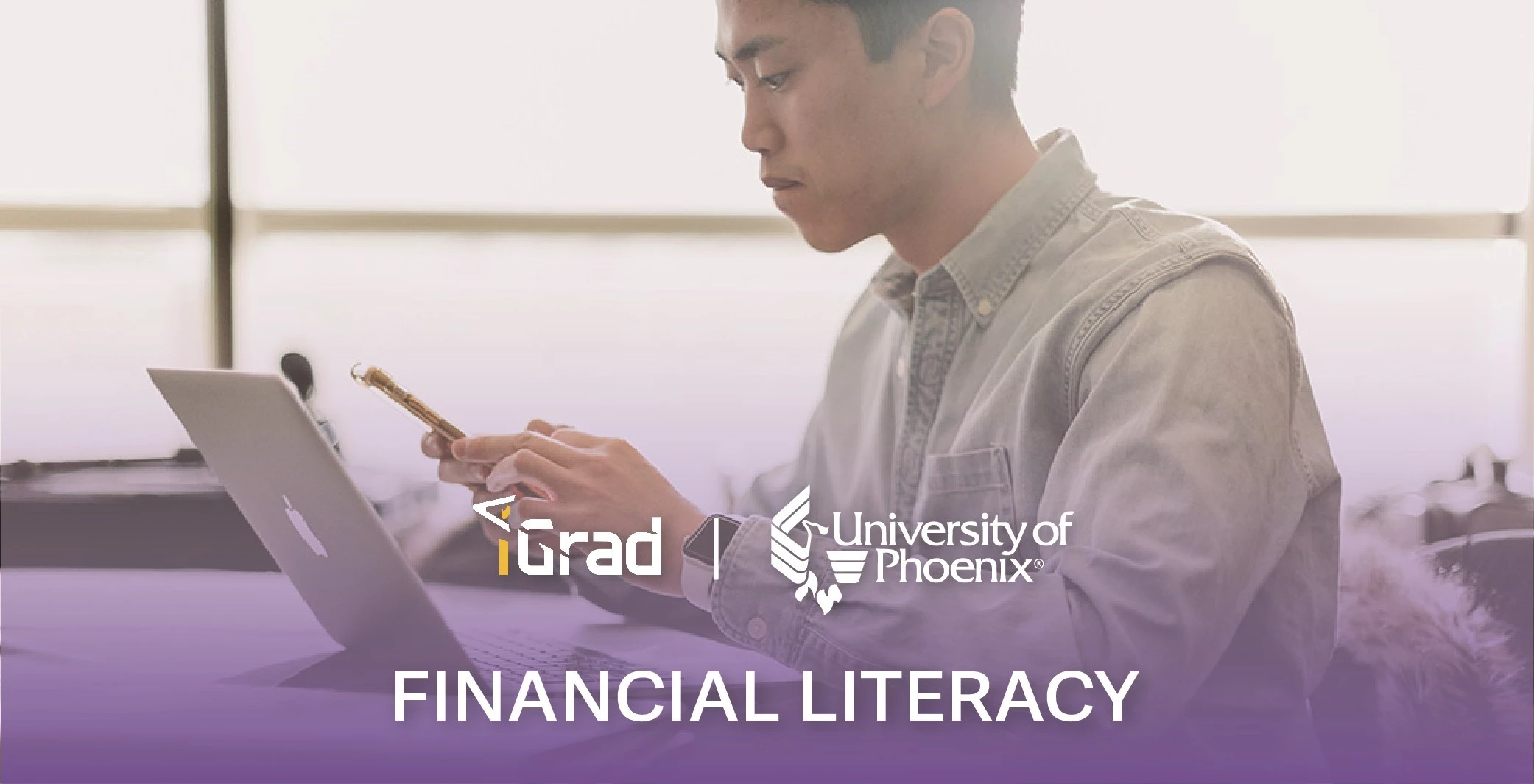The Supreme Court's unanimous ruling in the Alston vs NCAA case has far-reaching effects on college athletics and its student-athletes. This landmark decision sanctions athletes to receive payment for the use of their name, picture, and likeness, therefore challenging existing NCAA limits on compensation.
Student-athletes stand to benefit significantly from the potential for increased educational opportunities. NCAA caps on educational benefits were limiting students' access to these critical resources.
The ruling enabled student athletes to access a range of educational benefits, including additional scholarship funds and improved academic support.
It also paves the way for potential legal action against the NCAA's amateurism regulations – providing even greater educational opportunities for student-athletes.
Effect on Student-Athletes
Previously, student-athletes were enticed by college athletics with the promise of full-ride scholarships. However, with the passing of the Alston decision, the ability for student-athletes to generate revenue from their name has been long overdue.1
The NCAA and its member schools can no longer cap grants-in-aid to cover tuition, fees, room and board, books, and other expenses – the value of which must now equal or exceed the full cost of attendance.2
Institutions can now reimburse students for educational expenses, such as computers and other required items needed to attend college. Once an athlete's eligibility expires, the NCAA is no longer able to restrict their internships.
This ruling now enables athletic departments to grant enhanced, logically sound, and educationally pertinent benefits to both partial-scholarship and non-scholarship athletes who make up the majority of those competing in college sports.
These advantages, such as a computer, paid internship, or graduate tuition fees, could be pivotal for these student-athletes over the course of their collegiate careers.3
This decision was made to ensure that student-athletes are adequately compensated for representing their educational institution.
Effect on College Athletic Departments
This momentous decision could have a significant impact on college athletics, as the NCAA may need to revise certain regulations that restrict student–athletes' compensation.
Athletic departments will therefore be required to invest more in recruiting and retaining athletes while also offering greater academic and career support for their student-athletes.
Athletic departments face tight budgets, yet there's still the need to provide fair access to facilities, resources, and opportunities for all student-athletes.
Department leaders across the country are working hard to identify cost-effective solutions that will benefit both their institutions and athletes alike.
Keep Reading: Why Universities Need to Get Ahead of NIL Law Requirements
How Can Financial Aid Directors Help?
As financial aid directors, it is essential to equip student-athletes with the knowledge and resources they need to become financially literate – especially now that NIL has been implemented so they can be compensated for their name and likeness.
The Alston decision, which grants student-athletes additional benefits, will also impact taxes.
Generally speaking, scholarships that include room and board are taxable. However, if these are the only sources of taxable income for a student-athlete then they may not be subject to taxes after taking advantage of the federal income tax standard deduction.4
As NIL legislation expands to provide more educational benefits, student-athletes must now be aware of the series of tax liabilities associated with these additional sources of income.
Financial Literacy Programs
Financial literacy can empower student-athletes to maximize their earning potential.
Many colleges are launching Financial Literacy programs for their students to help them navigate these new challenges. These include Financial Literacy Workshops and mentoring programs for greater student success.
Your institution can help its students by doing the same. Follow these best practices to create, launch and promote a financial literacy program at your college to best support your student-athletes.
By equipping students with the specific knowledge and skillset needed to make sound financial decisions, we can empower them to take control of their finances.
iGrad Financial Wellness is a comprehensive financial literacy platform that can help institutions to provide student-athletes with the support that they need.
The platform provides tailored financial literacy programs for student-athletes, including financial coaching, scholarship search, and application assistance, plus tracking and reporting tools.
Learn more about how iGrad can help your student-athletes
1 - https://uknow.uky.edu/campus-news/gov-beshear-signs-legislation-allowing-kentucky-s-student athletes-profit-their-name
2 - https://harvardlawreview.org/2021/11/ncaa-v-alston/
3 - https://btlaw.com/insights/alerts/2021/the-alston-decision-and-name-image-and-likeness-whats-next-for-student athletes
4 - https://www.irs.gov/publications/p970








